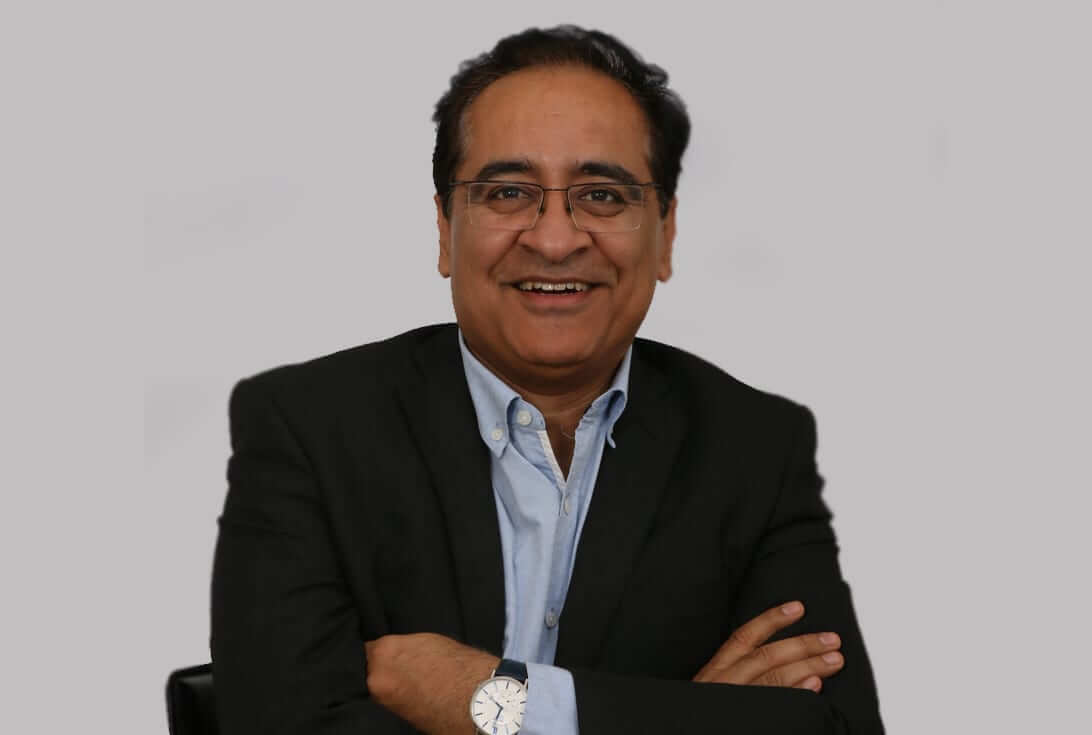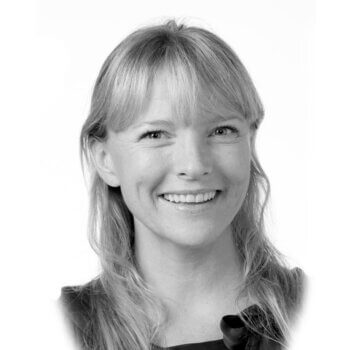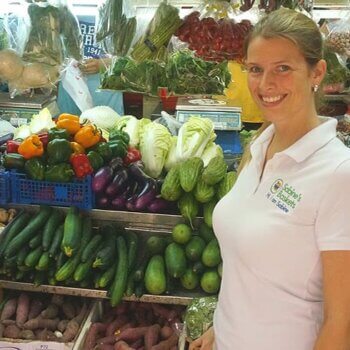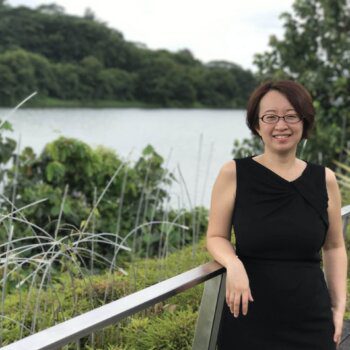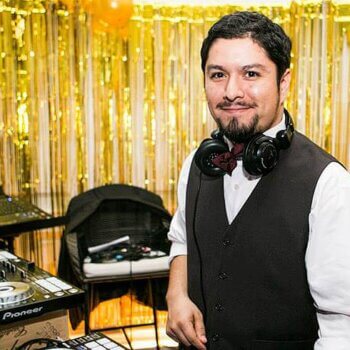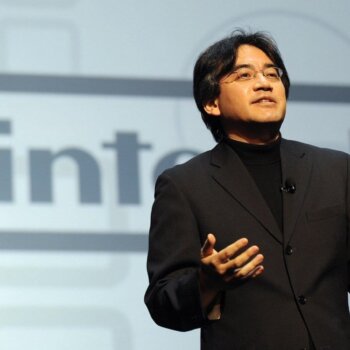Sanjay Soni has found success in a niche market in architecture, specialising in the exhibit and convention space design. He follows the vedic architecture principles which describes an architect as a ‘knower’ of nine ‘rasas.’
What’s your story?
My story begins with my foray into architecture as a student. I was shy and introverted with the added embarrassment of having a stammer. Nothing seemed to go in my favour, or so I believed. In my final year of architecture, I was working on a project in Russia as part of my internship and I was required to address a counter technical team. I forced myself to lose the stammer and my thoughts found words. Thereafter I began my journey into the world of exhibit and convention space design. I built up a business in a rather organic fashion, choosing quality over turnover, reputation over size and client satisfaction over volumes.
What excites you most about your industry?
I chose the path less travelled by pursuing a career specialising in exhibit and convention space design. This niche presented me with a huge challenge of balancing the principles of architecture with temporary installations. The brief of a client exists only as a dream. Translating this dream into a form-function combination within a set deadline is what excites me about this industry. Every one of my clients wishes to stand out from the competitive clutter. It is my responsibility to lend further value to the brand and the thrill lies in being associated with iconic brands and knowing that in some small way, I am part of the brand’s success.
What’s your connection to Asia?
Vedic architecture, which was documented in the Indian sub-continent and describes an architect as a ‘knower’ of nine ‘rasas.’ This keeps me connected with the various elements like, music, dance, drama, painting and literature. I founded a design company based in New Delhi and gave myself the position of Chief Knowledge Director as I believe knowledge is our biggest asset. I have utilised my acquired knowledge over the years through my travels to translate clients’ dreams into brand architecture.

Favourite city in Asia for business and why?
New Delhi. Historically this city is a brilliant example of grit and resilience, as this city was established, abandoned and re-established nine times. It is filled with contrasting examples: As a capital, it is a cosmopolitan city with people from various parts of the country having migrated and made it home. They have managed to maintain their little regional worlds in the larger macrocosm which Delhi offers. As a seat of power, enterprise and aesthetics, Delhi is indeed a superb-city for business.
What’s the best piece of advice you ever received?
‘You learn more from your failures than from your successes.’
As a part of my work, I bid for exhibit design for stands for various clients across the globe. I have done a great deal of work for the Ministry of Tourism and I have always prided myself on our long and successful association. After a particularly eventful year, I lost a bid. I was shattered. At this time, my father gave me this piece of advice. I went on to restructure my business, add more segments which I had ignored, explored various possibilities and gained lost ground.
Who inspires you?
My inspiration comes from people who are innovators. They are the ones who are defying the norms of our living in mediocrity. They show us the strength of the unseen. Steve Jobs changed the way we looked and used computers. Our Prime Minister, Narendra Modi has proved the strength of a commoner against the might of dynastic rule, thus establishing the belief in the strength of democracy. Identifying the impossible and setting out to achieve the same is what is most inspirational.
What have you just learnt recently that blew you away?
The lesson I have learnt most recently is that business and emotions should never go hand in hand. A business has to be thought of from the head, never from the heart. Often, we are tempted to get into a venture because we feel empathy for a prospective partner. Maybe his struggles remind us of our own difficult start. Sympathy is a great virtue in life, not in business. By supporting a cause without going deep into the business plan, we are doing more harm than good to all the people involved in the new venture. I have learnt to be more circumspect in even hearing out potential partners.
If you had your time again, what would you do differently?
I come from a humble background. I believe somewhere in a rush to reach a professional level, I did not pay too much attention to academics. If I could go back in time, I would have spent more time reading scriptures, literature and studying fine art. I would have worked to enrich my vocabulary. I would have learnt techniques as theory before I put it into practice. I would have travelled and photographed to enhance my visual vocabulary.
How do you unwind?
I read, watch TV, look towards the horizon, hear the chirping of birds or the trickle of water. I look at the plants on my terrace and unwind. I prefer to be in my own company to relax. I introspect and think about life and its meaning. I remember some old moments, remind myself of a piece of music, race behind a random thought and then trace it all the way back to where it started from and then I feel enriched at the fullness of my life.
Favourite Asian destination for relaxation?
My favourite destination is Bhutan. Why? I haven’t been there yet. I feel very attracted towards it. I have seen its visual imagery. I have heard of the difficulty in access to this remote hill kingdom where the world’s happiest people live. Bhutan represents to me a destination of unending mountains, covered with exquisite flora and fauna, giving out the smell of fresh and fertile earth. I look forward to the silence of the nature that draws me into it.
Everyone in business should read this book:
As an architect I found my ideal in Howard Roark who chose to follow his calling in The Fountainhead. His character gave me the strength to pursue my dream. Then came Atlas Shrugged which further strengthened my belief in my own thoughts. I understood that there are people in this world who will carry the burden of the others unknowingly. They have to be acknowledged and respected. I believe that the collective goodness of humanity originating from the an individual’s thinking committed to innovate, is the basis of a successful business enterprise. I am very inspired to be such an individual.
Shameless plug for your business:
The THINKING studio, where INNOVATION is the way of life. We think for you. We do not service but we partner in making your dreams a reality.
How can people connect with you?
Email: [email protected]
Facebook: https://www.facebook.com/sanjay.soni.5036
LinkedIn: https://in.linkedin.com/in/ar-sanjay-soni-7b6a2916
W: www.sanjaysoni.in
Twitter: @incredibleb143
—
This interview was part of the Callum Connect’s column found on The Asian Entrepreneur:

Take the ‘Key Person of Influence’ scorecard <http://www.keypersonofinfluence.com/scorecard/>
Connect with Callum here:
twitter.com/laingcallum
linkedin.com/in/callumlaing
Get his free ‘Asia Snapshot’ report from www.callumlaing.com
